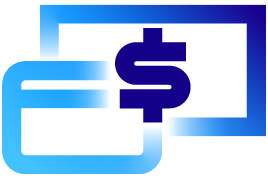While we have known for some time that the US economy had well moved on from the pandemic-driven recession of early 2020, the National Bureau of Economic Research (the NBER, the official arbiter of our nation’s business cycle) made it official last week declaring the US economy exited recession in April 2020, following the briefest recession in the country’s history (two months) and the most severe since just after WWII (the US economy contracted 3.5% for all of 2020 and a staggering 33% on an annualized basis in Q2 of 2020). We think most economic observers would ascribe the dramatic downturn in the economy to the public policy response to the pandemic – shut down the economy to mitigate the spread of the coronavirus – and the dramatic rebound in the economy to the monetary and fiscal response to the pandemic (interest rates to zero, trillions of dollars in government spending, etc.), and the unprecedentedly fast and successful vaccination development and distribution effort that allowed for the reopening of the economy.
As we move further into the summer of 2021, the US economy is back to if not above where it was from a GDP perspective pre-pandemic. While we are still several millions jobs short of where we were in early 2020, and the virulent delta strain of the coronavirus has prompted some economic restrictions to be put back in place, we are confident the economy will continue to grow rapidly into year-end. If history is any guide, this current economic expansion, which started in April 2020, should have more than two and a half years to run before the economy is at risk of recession. As we know, the US economy expands much more than it contracts and the average economic expansion in the post-WWII period has run just shy of four years.
The views expressed are those of Brinker Capital and are not intended as investment advice or recommendation. For informational purposes only. Brinker Capital Investments, LLC, a registered investment advisor. 2113-BCI-7/26/2021Tagged: Tim Holland, weekly wire, market perspectives, recession, economic growth





























